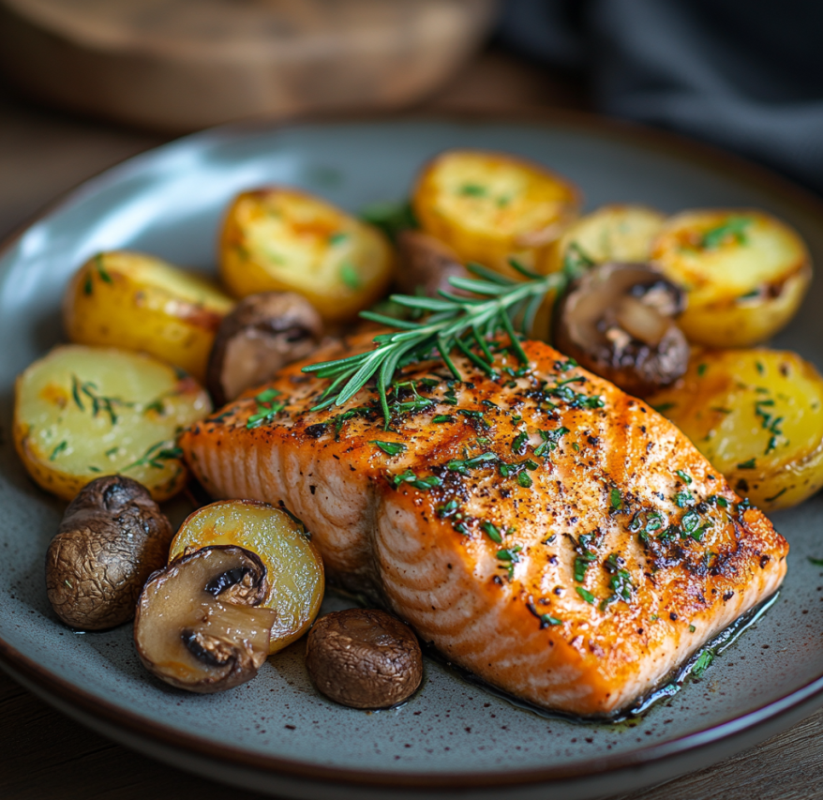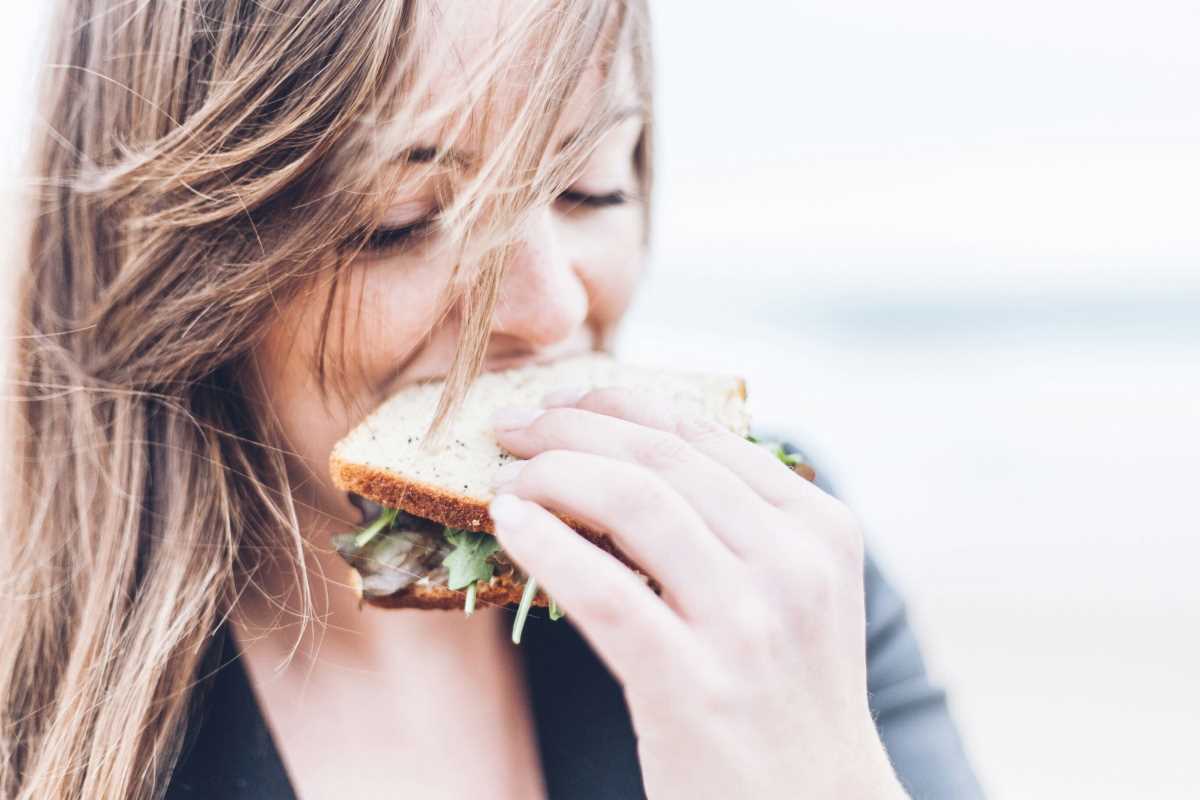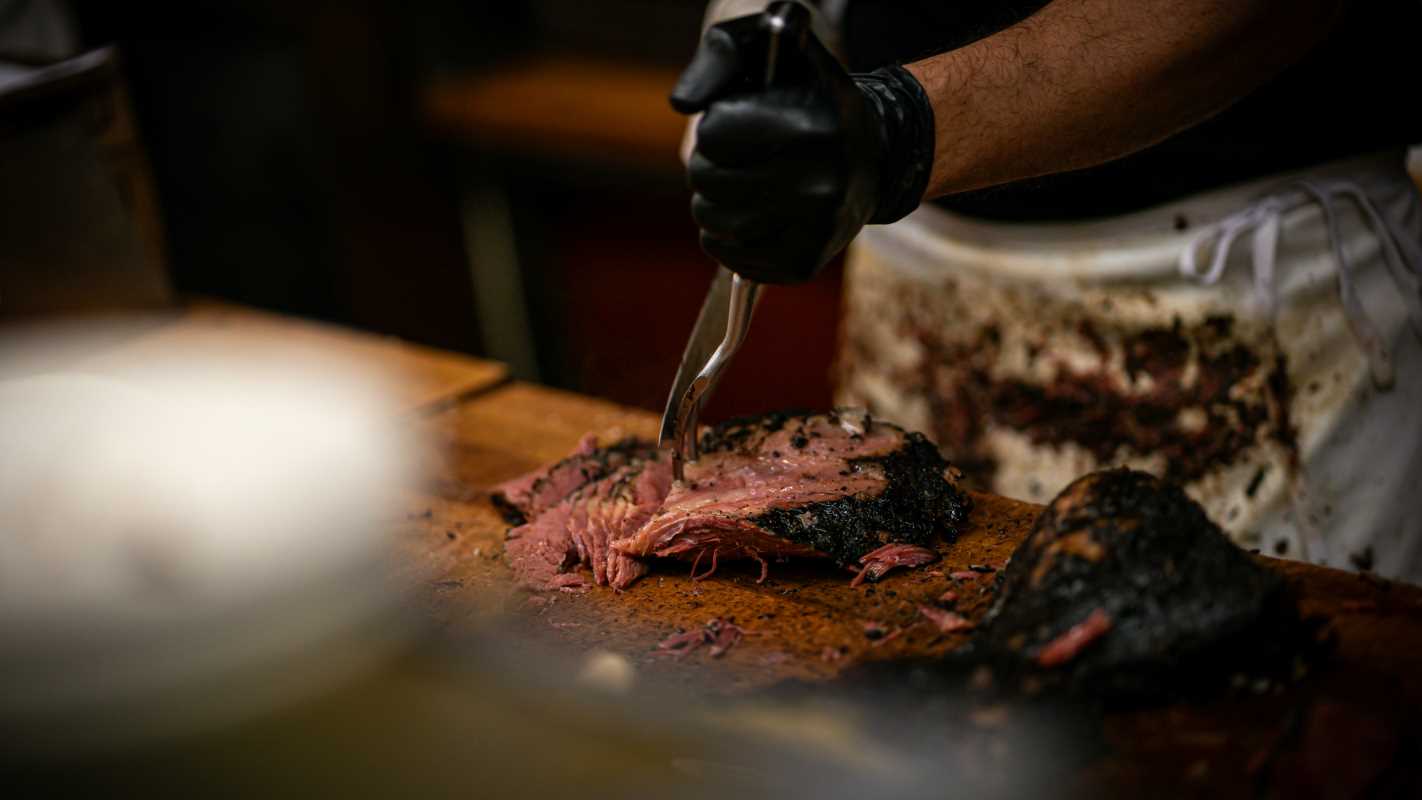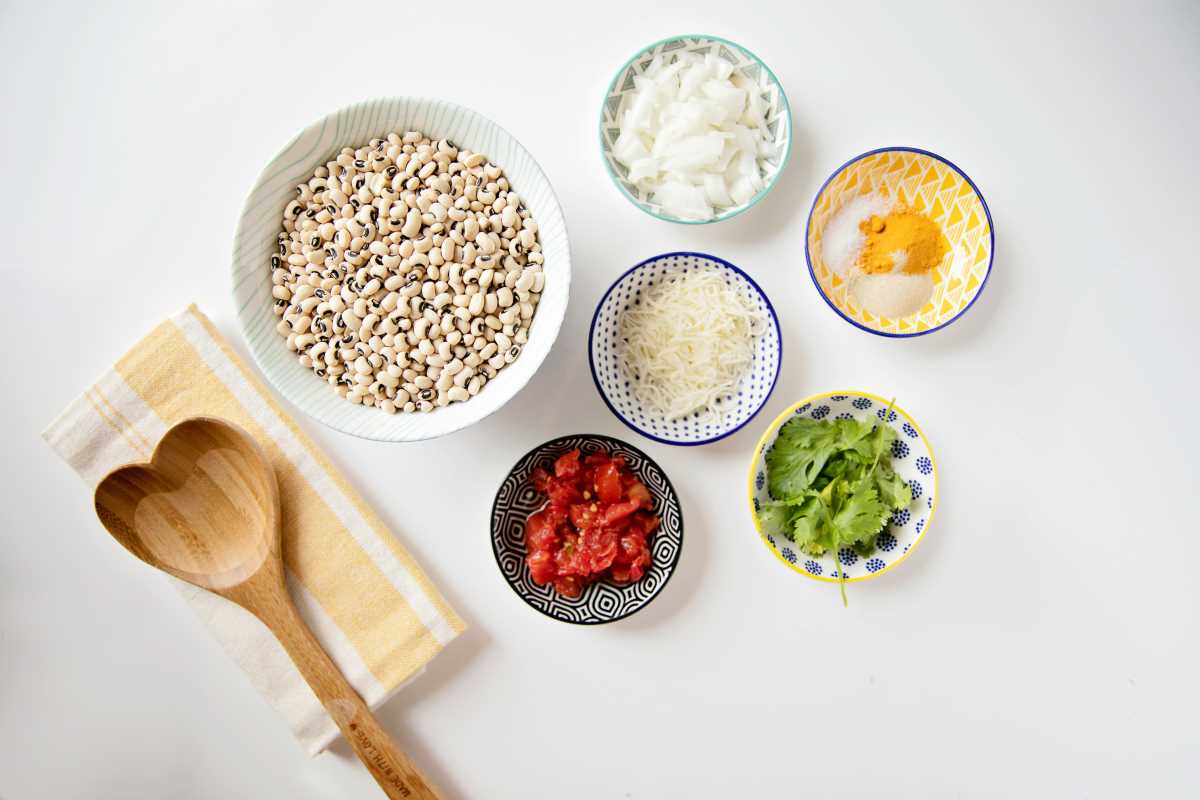If you live with Irritable Bowel Syndrome (IBS), you know how unpredictable and frustrating it can be. One minute you’re feeling fine, and the next, a mysterious stomach upset throws everything off-track. The good news? What you eat can have a big impact on managing symptoms and even preventing flare-ups.
The key to keeping your gut happy is all about choosing foods that are gentle on your digestive system while avoiding common IBS triggers. Whether you’re dealing with bloating, gas, or cramping, making smart food choices can help you regain control and feel more like yourself again.
Here’s your guide to the best foods to eat for IBS prevention and how to build a gut-friendly diet without sacrificing flavor or variety.
Understanding IBS and Its Triggers
Before we get into the specifics, it’s helpful to understand what sets IBS off in the first place. Symptoms can vary from person to person, but common triggers include stress, certain foods, and even irregular eating schedules.
A big culprit when it comes to food is FODMAPs—short for fermentable oligosaccharides, disaccharides, monosaccharides, and polyols. These are types of carbohydrates that your gut may struggle to digest, leading to gas, bloating, and other IBS symptoms.
That’s why many nutritionists recommend a low-FODMAP diet for IBS sufferers. This doesn’t mean you have to give up all your favorite foods—it’s just about making smarter choices. Keep reading to learn which foods are safe and supportive for your digestive system.
Top Foods That Help Prevent IBS Flare-Ups
1. Low-FODMAP Fruits
Fruits can be tricky for people with IBS. While they’re packed with nutrients, some are high in FODMAPs and can leave you feeling bloated. Luckily, there are plenty of low-FODMAP options that are gentle on your stomach.
Best Choices:
- Berries (strawberries, blueberries, raspberries)
- Citrus Fruits (oranges, mandarins)
- Bananas (ripe, not overly ripe)
- Grapes
- Kiwi
How to Enjoy:
Add berries to your morning oatmeal, snack on a banana mid-afternoon, or toss some grapes into a salad for a touch of sweetness without the digestive drama.
2. Soluble Fiber Foods
Fiber is essential for gut health, but not all fiber is created equal. Soluble fiber dissolves in water to form a gel-like substance, which can help regulate bowel movements and ease IBS symptoms.
Best Choices:
- Oats
- Carrots
- Sweet potatoes
- Zucchini
- Psyllium husk
How to Enjoy:
Make a comforting bowl of oatmeal topped with low-FODMAP fruits or roast sweet potato wedges for a satisfying yet gentle side dish.
3. Probiotic-Rich Foods
Probiotics are good bacteria that can improve your gut health by maintaining a balanced microbiome. While everyone’s gut is unique, introducing probiotics into your routine often helps reduce IBS symptoms like bloating and irregular bowel movements.
Best Choices:
- Lactose-free yogurt
- Kefir (lactose-free varieties)
- Miso
- Tempeh
- Sauerkraut (in small amounts)
How to Enjoy:
Start your day with a bowl of lactose-free yogurt topped with safe fruits, or add a spoonful of miso paste to a warming soup for dinner.
4. Lean Proteins
Protein rarely triggers IBS symptoms, making lean sources an excellent option to build meals around. They’re easy to digest and keep you feeling full without upsetting your stomach.
Best Choices:
- Skinless chicken
- Turkey
- Eggs
- Firm tofu
- Fish (like salmon and cod)
How to Enjoy:
Grill or bake chicken with herbs, scramble eggs for breakfast, or toss diced firm tofu into a veggie stir-fry for a nutrient-packed meal.
5. Low-FODMAP Vegetables
Veggies are a key part of any healthy diet, but some—like broccoli or cauliflower—are high in FODMAPs and can be tough on the gut. Stick to low-FODMAP vegetables to enjoy their benefits without the bloat.
Best Choices:
- Spinach
- Zucchini
- Bell peppers
- Green beans
- Eggplant
How to Enjoy:
Sauté spinach with olive oil and garlic-infused oil (garlic itself is high-FODMAP, but the infused oil is not!) or roast a mix of zucchini and bell peppers for a vibrant side dish.
Practical Meal Planning Tips
Building an IBS-friendly diet doesn’t have to be a chore. By planning ahead and focusing on simple, nourishing meals, you can keep your gut happy and stress levels low.
1. Create a Weekly Meal Plan
Take time each weekend to map out meals for the week. This lets you ensure a balance of low-FODMAP foods and helps prevent impulsive, potentially trigger-rich choices.
2. Pack IBS-Friendly Snacks
Keep your energy up and symptoms down with gut-friendly snacks like rice cakes with peanut butter, hard-boiled eggs, or a handful of low-FODMAP nuts (like walnuts or pecans).
3. Sip Smart
Hydration plays a big role in digestive health, but some drinks—like carbonated sodas or caffeinated beverages—can aggravate IBS. Stick to water, herbal teas (like peppermint or ginger), or infused water for a refreshing beverage choice.
IBS Flare-Up Prevention Dos and Don’ts
Dos
- Eat Smaller Meals
Large portions can overload your digestive system. Opt for 4–5 smaller meals throughout the day.
- Cook Your Vegetables
Cooking softens fibers and makes veggies easier to digest.
- Keep a Food Diary
Track what you eat and how it makes you feel to identify personal triggers.
Don’ts
- Avoid Fatty, Greasy Foods
These types of meals can slow digestion and lead to cramping or diarrhea.
- Don’t Skip Meals
Irregular eating patterns can confuse your digestive system.
- Minimize High-FODMAP Foods
Foods like onions, garlic, and high-lactose dairy are common triggers to avoid.
Disclaimer: The content provided on SuperHealthyTips is for informational and educational purposes only. This information is not intended to be a substitute for professional medical advice, diagnosis, or treatment.




.jpeg)


